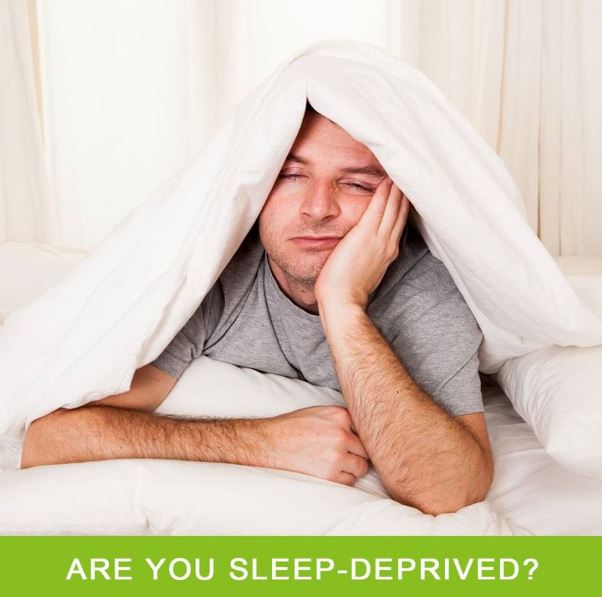A study on “Sleep Health Awareness in Australia” was conducted in 2018 to measure the prevalence of sleeping issues in Australia that found over 39% of Australian adults experience some form of inadequate sleep. This number proves that a lot of us lack the optimum amount of sleep that puts us at a higher risk of suffering from other health issues.
A good night’s sleep is therefore vital for a person’s overall well-being. Sleep is not just for resting our body and mind. It also does a lot of activities like processing food, strengthening muscles, growing and repairing tissues, synthesising hormones to name a few. Sleeping well at night also helps to consolidate information in your brain.
Sleep plays an important role in keeping a healthy immune system. Our immune system releases sleep hormones called cytokines, a protein that helps us in reducing stress and fight infections. If we are deprived of sleep, it is known to suppress our immune system, putting people with poor sleep health at higher risk of contracting diseases and viruses. This means, our body needs optimum hours of sleep to fight infectious diseases. A person suffering from long term lack of sleep has a higher risk of obesity, cardiovascular diseases, and diabetes.
How much sleep do we need?
A study performed by a group of neuroscientists from the University of Western Ontario suggests that people who sleep between 7 and 8 hours on average have better cognitive health performances. The duration of sleep recommended by various scientific research says, 7 to 8 hours of sleep is ideal for any age group with the younger generations requiring more hours of sleep for their language, social, and learning skills development.
How can consulting a GP for your sleep health can help you?
Lack of sleep can trigger other sleeping disorders, like insomnia, obstructive sleep apnoea, narcolepsy, and many more. GP’s are trained to study your symptoms and can help find the causes of your lack of sleep. They can help find the root causes of your sleeping problems that can sometimes tell another story. Your local GP can:
• Study your sleeping habits by asking you questions including what you do before and after your nap time.
• They can run a physical assessment to understand your signs and symptoms further.
• They can help by giving basic information and resources, perhaps prescribe medicines if needed.
• They can provide behavioural tips, dos and don’ts, and discuss any potential treatments and alternatives.
• Consult on your lifestyle choices and recommend changes to adopt for better sleep health.
• They can provide referrals to a sleeping specialist or psychotherapist if required.
• Your local GP can also help you find if there are any underlying health issues related to your sleeping disorders.
Sleep deprivation is quite common, and it often goes undiagnosed. So if you struggle to fall asleep or find it challenging to stay asleep, consult our GP’s at our medical centres. Our GP’s are well-trained and experienced in dealing with patients with sleep deprivation. We have all resources at our centres, where our GP’s perform the check and help you through your struggles with sleeping.
For your diagnosis, you can book an online appointment to consult our GP’s today.

